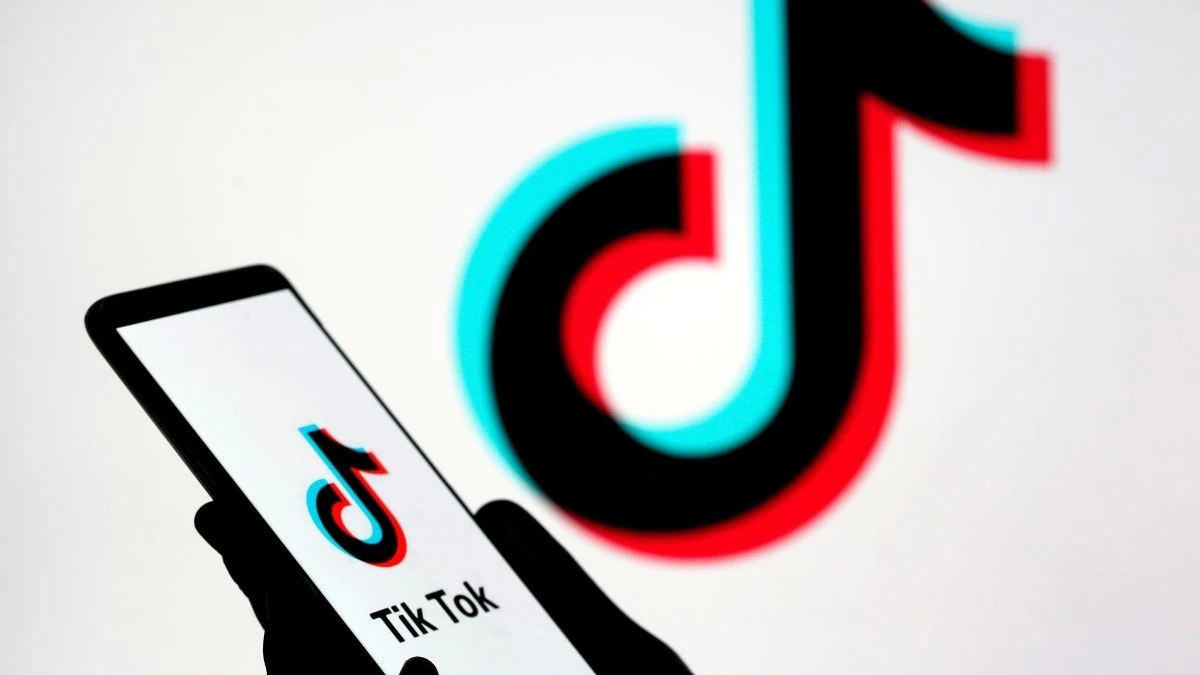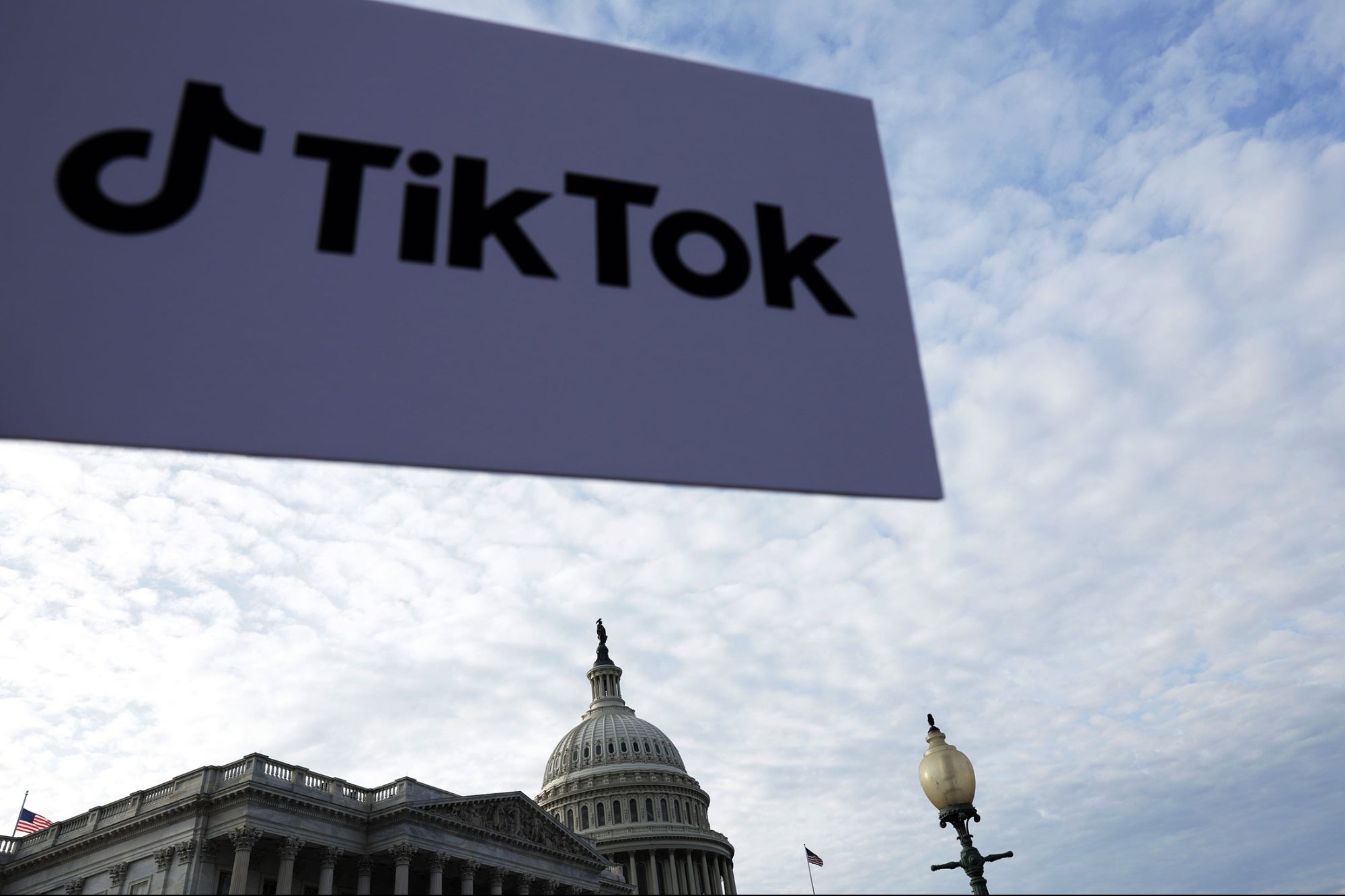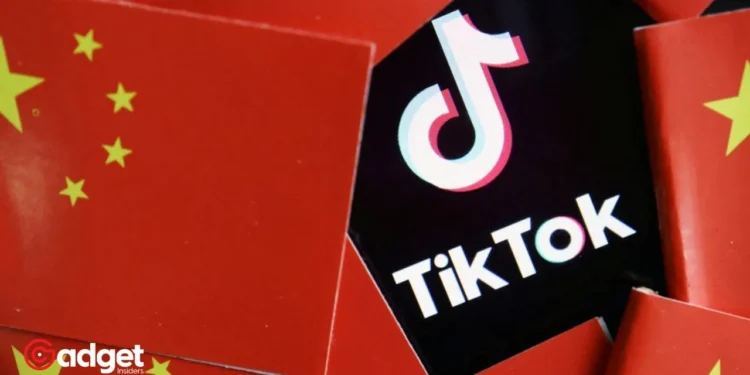In the evolving landscape of social media, few platforms have sparked as much controversy and debate as TikTok. The vibrant app, known for its endless stream of engaging content ranging from lip-sync videos to innovative air fryer recipes, is now facing a stark reality — the prospect of a ban in the United States. With bipartisan support in the House of Representatives, the potential for TikTok to disappear from US shores seems more palpable than ever.
This move not only raises questions about digital freedom and security but also highlights the intricate dance between global technology firms and national governments.

The Heart of the Matter: National Security Concerns
At the crux of the debate is the issue of national security. The US government’s scrutiny of TikTok and its Chinese parent company, ByteDance, stems from concerns over data privacy and the potential for foreign interference. FBI Director Christopher Wray’s “extreme” concern about China’s ability to “weaponize” data collected from US users underscores the gravity of the situation.
Despite TikTok’s efforts to localize data storage and reassure the public, the shadow of suspicion remains, fueled by instances of data misuse and the overarching fear of algorithmic manipulation.

The Implications of a Ban: What Would Change?
The mechanism of a potential TikTok ban is not without precedent. The US Department of Commerce’s previous attempts to remove the app from stores provide a blueprint for how such a ban might unfold.
For the 150 million users in the US, this could mean an abrupt end to updates and access, severing the connection to a platform that has become a staple of digital expression and community. The ripple effects would extend beyond the user base, impacting creators, businesses, and the broader ecosystem that has flourished around the app.
TikTok could be banned – What a US ban would mean and how would it work https://t.co/QyrAMIWW6n
— TechRadar (@techradar) March 8, 2024
Navigating the Ban: Possible Workarounds
In the face of restrictions, human ingenuity often finds a path forward. The potential ban raises the question of workarounds, with VPNs (Virtual Private Networks) being a likely solution for those seeking to retain access to TikTok.
Services like ExpressVPN, NordVPN, and Surfshark could offer a digital lifeline, albeit with limitations and at a cost. However, the effectiveness of such measures remains uncertain, given TikTok’s ability to approximate location data, presenting a nuanced challenge for those looking to bypass restrictions.

TikTok: A Digital Crossroads
The discussion surrounding TikTok’s future in the US is more than a matter of policy or security; it’s a reflection of the complex interplay between technology, sovereignty, and individual rights. As the situation unfolds, it will be essential to balance the legitimate concerns of national security with the values of freedom and innovation that define the digital age.
Whether TikTok remains a part of the American social media landscape or becomes a cautionary tale of global digital dynamics, its story is a testament to the ever-changing nature of technology and its impact on society.









